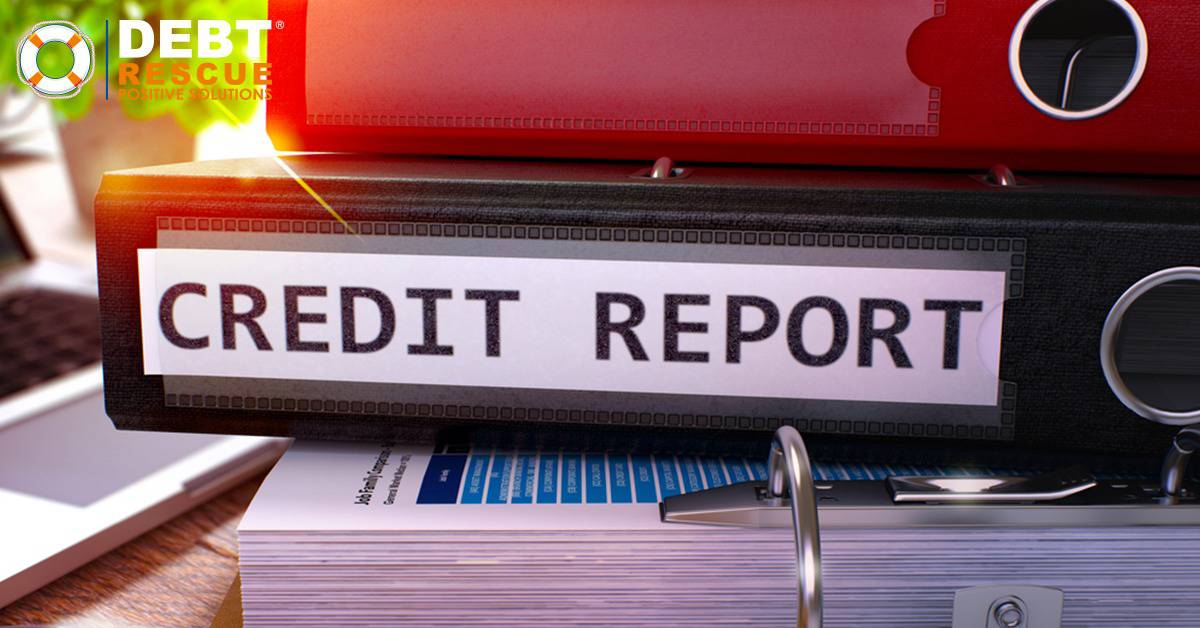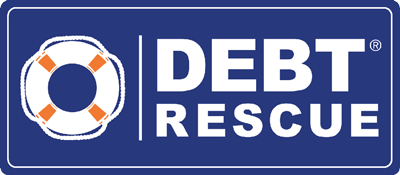Your credit file is a record of your financial history. It lists a number of applications, transactions and financial details and gives creditors a snapshot of how you handle your money. Any default on repayment could affect your credit file and the information on your credit file determines your credit score. You may be looking for ways to fix your credit file and improve your credit score. Your credit file may contain:
- Credit applications made in the past five years. These can relate to personal or home loans, as well as credit cards or other store finance.
- Your credit accounts such as credit cards or personal loans
- Account open date and close dates
- Credit limit. This is the maximum amount of credit available to you for an account. If you accept a credit limit increase the new credit limit could be included on your credit history.
- Monthly repayment history on your credit accounts. This will reflect whether you paid the minimum amount on time.
Details of overdue consumer credit accounts.
Credit files used to only include negative information such as defaults and credit enquiries. A new system called Comprehensive Credit Reporting was introduced in 2014 which also included positive information to be recorded on your credit file. This means that if you make repayments on time, this information will also be visible to lenders, meaning they could be more inclined to approve credit to you.
What is a Default on My Credit File?
If you have a debt of more than $150 and it is 60 days overdue your creditor can mark a default on your credit file. A single default can make it hard to apply for a new line of credit. Several defaults will make it near impossible.
A default could also be marked if you have late mortgage repayments, or if your creditor is unable to contact you regarding repayment of the debt.
Once you receive a default there is no way to have it removed and a default will remain on your credit file for 5 years. Even if you pay the debt in question, the default will remain and will simply be marked as paid. There is an option to dispute the default if you think it has been wrongly applied.
All creditors can list information on your credit file. Creditors include:
- Banks, credit unions and other financial institutions
- Service providers such as phone and electricity companies
- Any businesses which provide credit or goods and services before you have to pay
What Will Affect My Credit File?
While a default on your credit file will impede your chances of getting a new loan or credit card, it is not the only thing a creditor will look for on your credit file. Things which might deter creditors include:
Having too many loan enquiries/applications. When you inquire about a new loan, your lender might ask to run a credit check to see if you are eligible. Even if you don’t proceed with an application, that credit check has been marked on your file. Having a number of these checks on your file can send up a red flag to new creditors.
Having excessive accounts. If you have several credit cards, personal and secured loans, you may find it difficult to apply for more. Your creditor will do a means test to ensure you aren’t over-committing yourself. If too much of your income is already committed to your debt they may reject lending you more, resulting in more
Not making minimum requirements. If you continuously miss the minimum repayments on your existing accounts, this will be recorded on your credit file.. It is imperative that you keep up with consistent repayments to avoid further defaults, and build a good credit history.
How Can I Check My Credit File?
Whether or not you are in debt, it is important to check your credit file regularly. You can access a free copy of your credit file by visiting Equifax. By following these steps, your credit file will be mailed to you within 10 working days.
You will then have a list of all your creditors, debts and financial information. This will help you to get a better idea of where you stand concerning your debt. It will also give you the opportunity to pay any (affordable) unpaid debts or dispute a default.
What Happens if I Pay Any Defaults on My Credit File?
If you are able, you should pay the defaulted debt. Paying the debt won’t remove the default from your credit file but your creditor must mark the debt as paid. Some creditors may agree to lend you money if your defaults are paid, but this is something you need to bring up with your creditor.
Contrary to what some credit repair companies want you to believe, the only way to remove a default from your credit file is to wait. You cannot pay to have a default removed. If it is there rightfully, you must wait 5 years until it drops off your file. You need to give your credit file time to recover and a default will usually drop off after 5 years.
How Can I Dispute a Default?
If you believe the default has been wrongly applied to your credit file, you can dispute the default. If you choose to dispute a default, the dispute will still be marked on your credit file until the default is removed.
To dispute a default, you must complain to the creditor. A creditor will give you 28 days notice before a default is applied. This is the best time to dispute the default as you may be able to prevent it from being applied in the first place.
Lodge a complaint with the relevant industry ombudsman if you are not satisfied with the outcome of the dispute.
Can a Credit Repair Company Remove a Default?
Many credit repair companies operating in Australia promise to ‘clean up your credit file’, ‘improve your credit score’, and even ‘remove defaults’ to help you get a loan. But what they offer, you can do yourself for free.
The only way to remove a default is to wait 5 years for it to drop off your file. During this time make sure to pay your bills and debts on time, always make the minimum repayments, avoid excessive credit enquiries and manage your money correctly. This will improve your credit score, so once the default has cleared, you will be in a position to borrow again.
All credit repair companies charge fees for their services. Speak to a free financial counsellor before you proceed to ensure you make the best decision.
Tips to Fix Your Credit File
Make Your Repayments on Time
Always make the minimum repayment of your debts on or before the due date. By maintaining your debt repayments you will prove you can manage your money correctly and that you are not a risk to future creditors. If you can’t make a repayment, call your creditor immediately and arrange an extension or organise a repayment plan. If you are struggling to make your repayments on time, there are other options. Debt Rescue offers a range of debt relief solutions and can assist with Part 9 Debt Agreements, Informal Payment Arrangements, and Budgeting solutions to free you from debt.
Limit Your Enquiries
Each time you make a loan application or enquiry it is marked on your credit score, regardless of whether you decide to proceed with the application. Multiple enquiries can reflect badly on your score.
Use a Broker
A loan broker will do all the hard work for you and it will keep those excessive enquiries off your credit rating.
Avoid Payday Loans
You can easily fall into a debt trap using high-interest payday loans. Avoid them at all cost. Some alternative options would be government assistance, such as the No Interest Loan Scheme or bond assistance or a credit card with an interest-free period.
Take Out Affordable Loans
In order to rebuild your credit score, you need to prove you are capable of servicing a debt. The best way to do this is to apply for a small affordable loan and maintain the repayments over time.
Ensure you keep up-to-date with your credit file and credit score to avoid any unwanted surprises next time you apply for credit. If there are any discrepancies, the sooner you deal with them, the sooner they will be cleared from your file and you can apply for credit again.
-137x60px.png)




